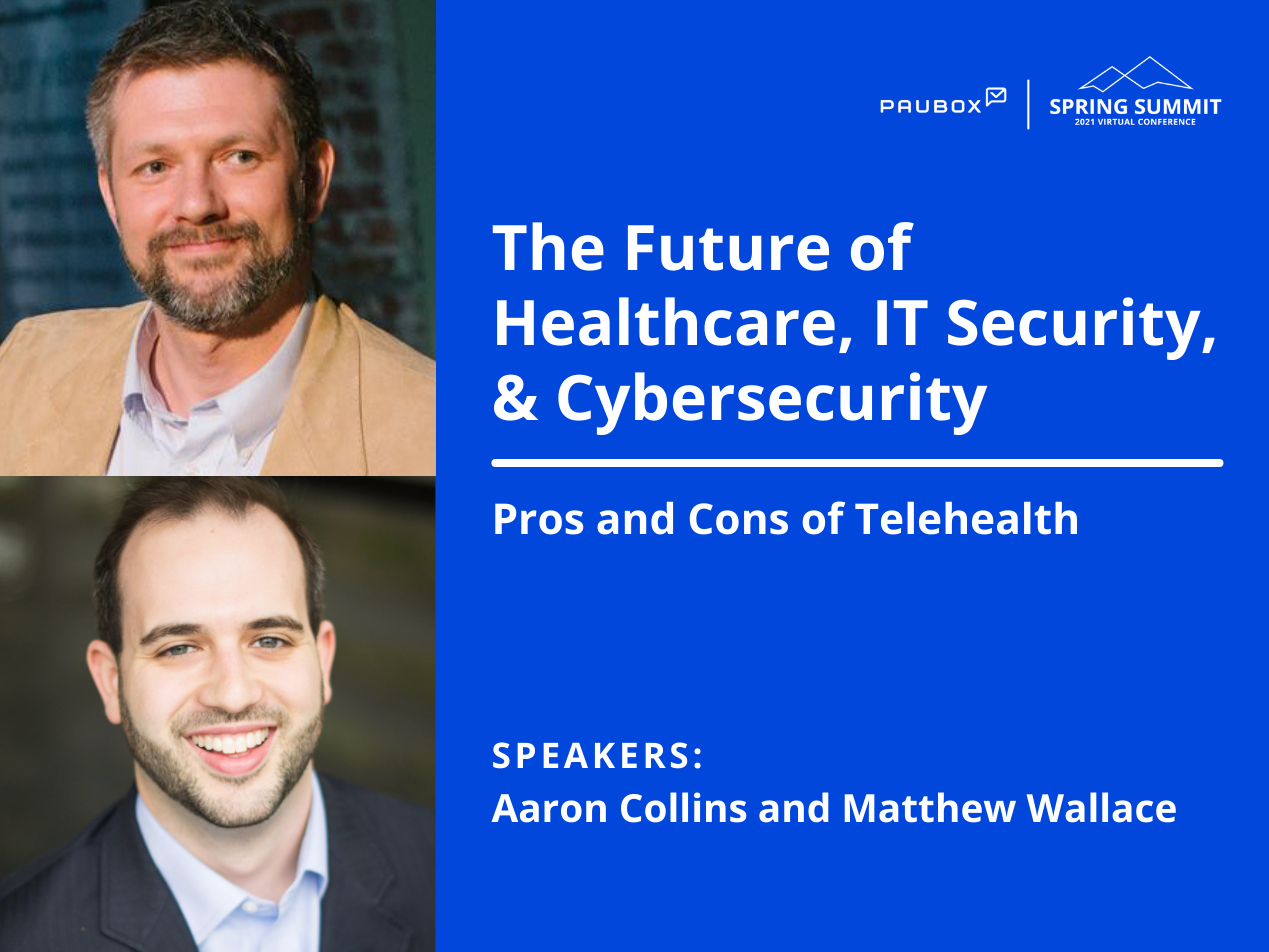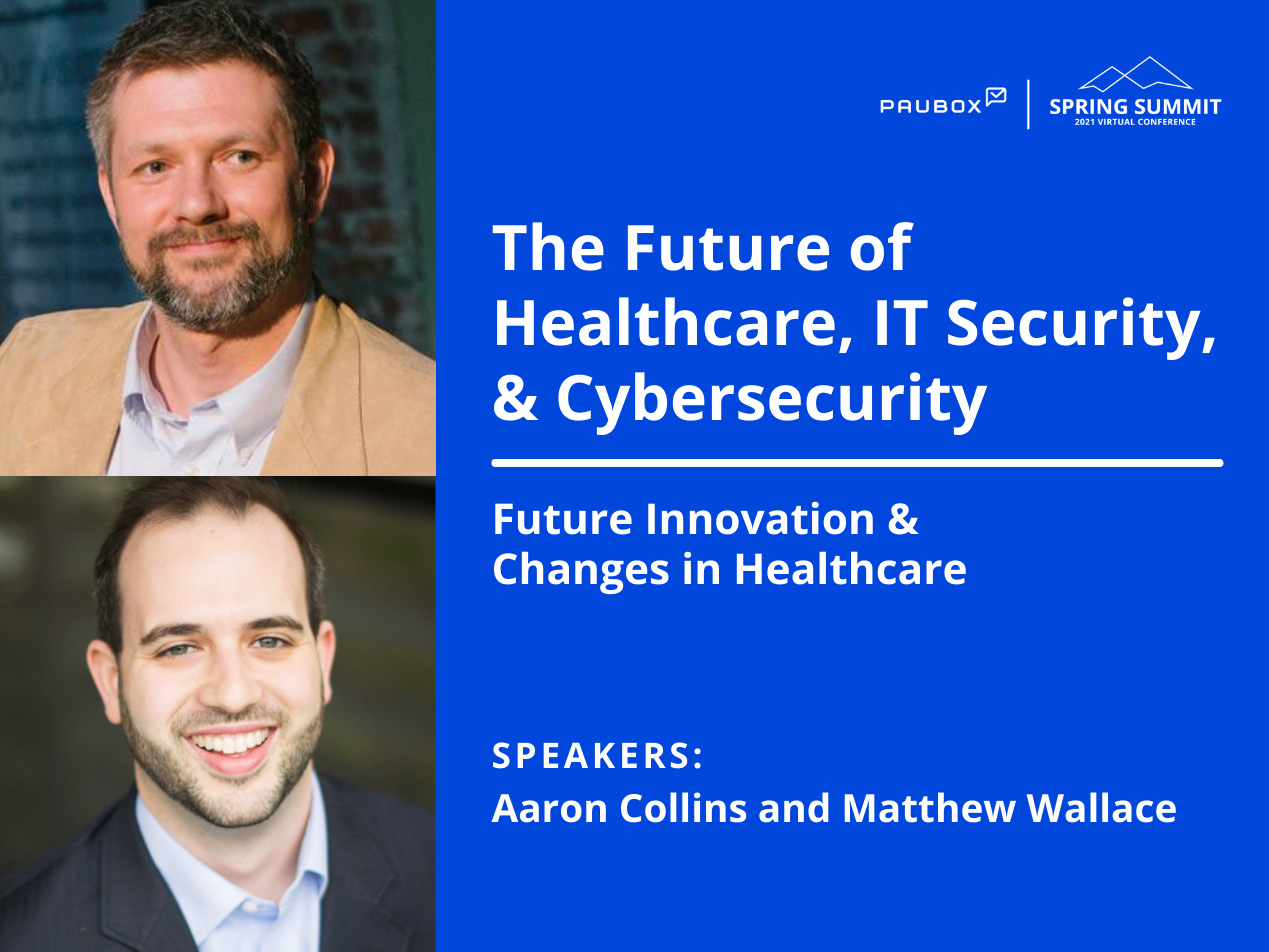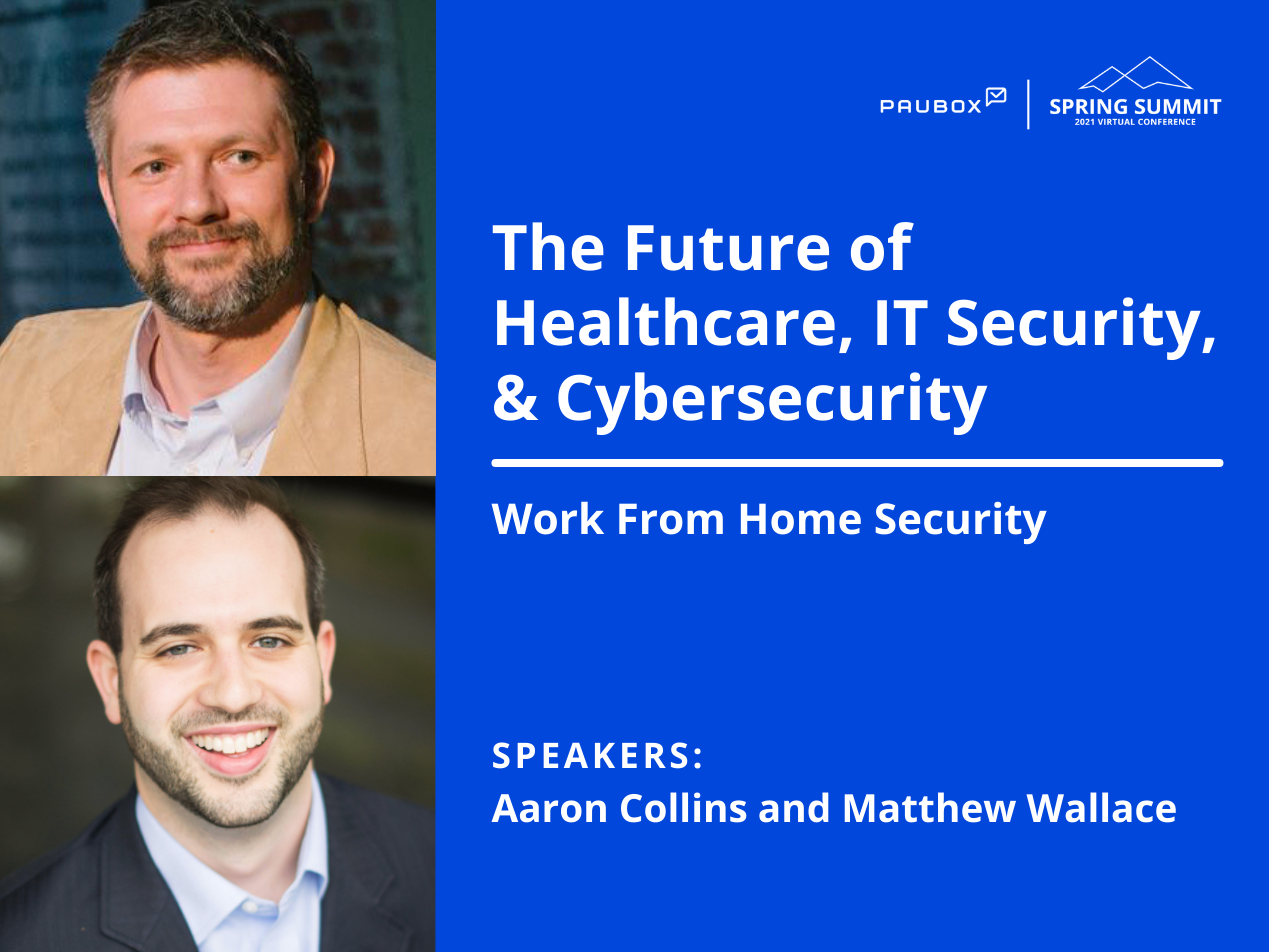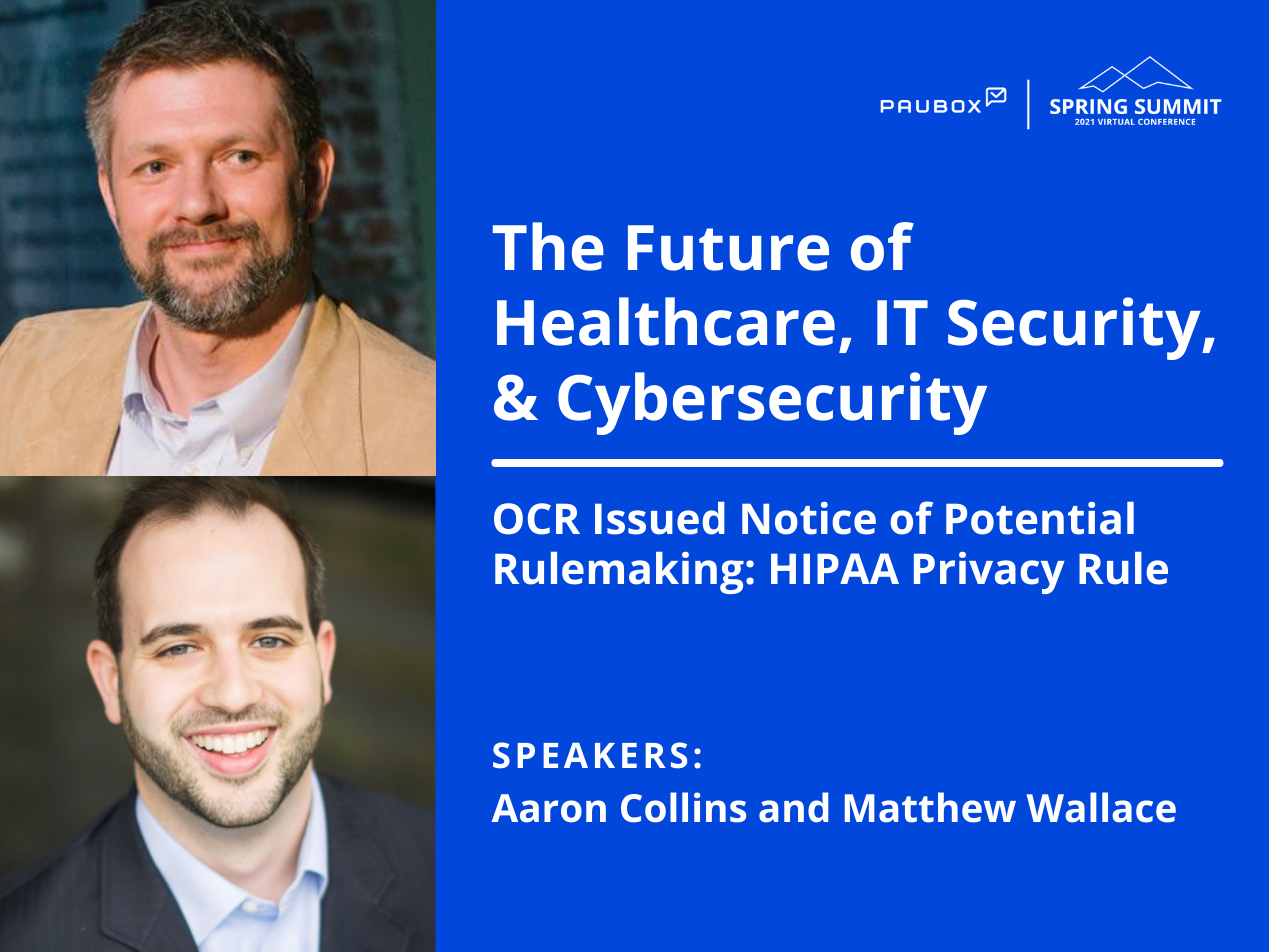3 min read
Aaron Collins and Matthew Wallace: Pros and cons of telehealth
Hannah Trum April 07, 2021

Aaron Collins: Being in, you know, in the heat of the pandemic, I think this was the right solution. And I think that it worked really well in the heat of the pandemic. And I do think moving forward that it’s going to have its place, at least in the rural communities. I still, I still put a lot of faith in human interactions.
You know, I think that physical therapists need to sit down with the kids. The same thing with all the doctors, I think that there are definitely doctors that need to sit down with their patients. But that’s where it’s a really, it’s a big issue for the states, you know, it’s like, can we, Bill 100%, for the service that we think is better served by the individual being in person with the doctor. It’s gonna, it’s gonna take a little while for those conversations to get had in that type of legislature to go through.
But I do know that since we’ve had the pandemic, and people have been forced to do this, those conversations are happening right now as we speak. So that had to happen before we can move forward. And I’m just happy that things are moving forward in that in that direction because there are going to be certain communities that were underserved, that are going to be served better as a result.
Matthew Wallace: I see Patricia’s comment here as well about that they’re in a high Medicare population and having challenges with technology and such, and we serve folks with age-related disabilities on our waiver. And a lot of our efforts from our team were around before we have our actual quarterly call with you to do your plan of care, we need to have a couple of prep calls and KLM. You know, who’s in your support, we call them natural supports, who’s in your care network?
You know, we have we had a former Secretary of Health, he says that folks wanting to kind of own their own care, own their own health and own their own care. So we work a lot with our participants. Okay, who is your natural supports and your networks? And if not, how can we supplement this, which are things so you know, who’s that neighbor, or that grandkid, or someone or a daughter or child can come and help you with that.
So let’s do a run-through let’s practice to kind of show you that, okay, you, you’re used to using Facebook or whatever it might be, here’s how these platforms translate and operate there. And once our folks kind of went through it for a month or two, they actually found a really great uptake amongst our more senior population. And for them, for a lot of those individuals are our team members, really the only person that they talk to, and so to have that interaction, normally, our business is kind of set up with that population, where we do, we’re doing a phone call, just a traditional phone call, and monthly and then once a quarter, we would go out for a visit.
And so we’re thinking about a supplement where Okay, we’ll still go out to the quarterly visit. But instead of making a phone call, we’ll do a video call that allows us to layout the participant and well, you know, show us around what’s going on, okay, you said you were eaten, but kind of can see the weight loss or weight gain, etc. So being able to put eyes on patients more frequently might be a positive side effect. I think, to your general question, though, there’s definitely gonna be some folks that have fallen through the cracks. There are definitely folks that have delayed care because they’ve been afraid of contracting COVID rightfully so. It’s been, you know, clearly very deadly across our country. There’s, we worry about the domino effect of that.
And then again, that equity piece there who’s been left behind who, who perhaps has lost their job but doesn’t understand how to utilize and get on Medicaid or utilize those services, how they have access to preventative care and such.
So there’s, there’s always that patient education piece there. And what we’re always thinking about is who’s that trusted messenger for that targeted population there and how can they deliver that to them? If I don’t, I don’t look like you. I don’t sound like you. Perhaps you weren’t going to take your health advice from someone like me, maybe I’m not your best messenger. So trying to pair those two things together to encourage people to utilize the care they’re entitled to.
UPDATE: In April 2020, in connection with the COVID-19 pandemic, the Office for Civil Rights (OCR) at the Department of Health and Human Services (HHS) announced the Notification of Enforcement Discretion, which allows healthcare providers to use widely available communication apps, such as [name of the app], for telehealth services without the risk of incurring HIPAA fines. For more information, check out this recent Paubox blog post.
Watch every minute of this session here.
Learn more about Paubox Spring Summit, Secure Communication During a Pandemic.
Read a full recap of Paubox Spring Summit.
About Aaron Collins Aaron Collins is the systems administrator for the Developmental Center of the Ozarks. He is well versed in the building and maintenance of HIPAA compliant environments, firewall administration, FileMaker databases, Mitel phone controllers, and network administration.
About Matthew Wallace Matthew Wallace is the vice president of strategic initiatives and partnerships at Easterseals Louisiana. He’s passionate about the health of all people; he believes that when people are healthy, communities are healthy and thrive. In his current role, Wallace oversees government affairs, development, and communications.
Learn more about these panelists.
Subscribe to Paubox Weekly
Every Friday we'll bring you the most important news from Paubox. Our aim is to make you smarter, faster.



